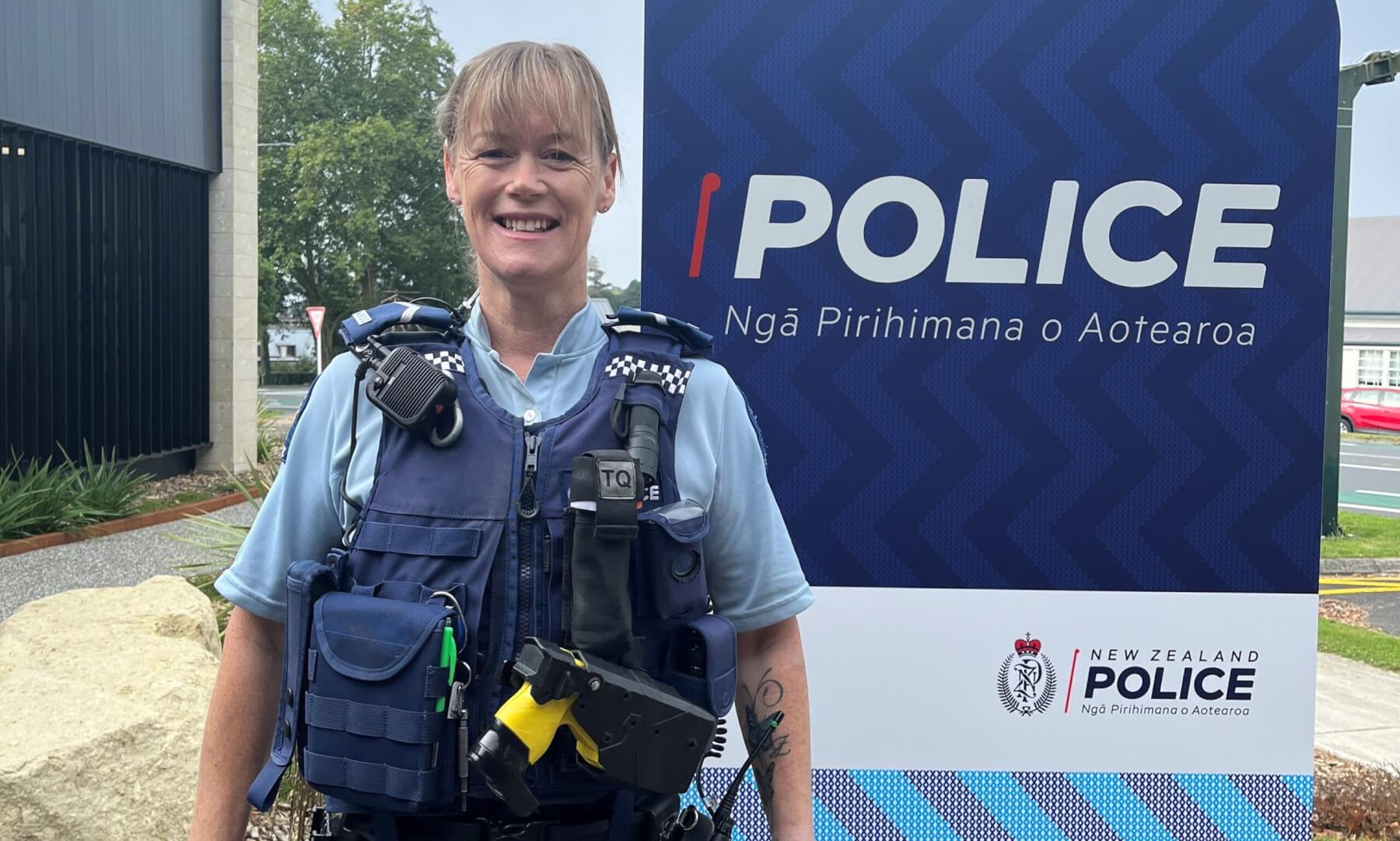This week I attended facilitator training for the Loves Me Not programme which will be delivered to Year 12 students later this month.
The programme was developed following the murder of Sophie Elliott by her ex-boyfriend in 2008. It recognises the need for young people to know what an unhealthy relationship looks like and importantly, also what a healthy relationship looks like. When I say relationship, it applies not only to romantic relationships but also platonic friendships. Learning this in the formative teen years is key to enabling healthy adult relationships later on.
Understanding the types of behaviour that constitute abuse is a first step. Abuse is not always immediately obvious to the victim as abusive behaviours, particularly those psychological forms, can develop insidiously over time. The power and control wheel is a key part of this learning. Unhealthy behaviours include not only sexual and physical abuse, but intimidation, threats, domination, humiliation, possessiveness and minimisation (of harmful behaviours). An abusive person may begin to control who the other interacts with, where they go and when, what they wear and isolate them from their network of family and friends. They often undermine the other person’s confidence and self-esteem, by questioning or belittling their behaviours and beliefs. Some of these behaviours can equally occur in unhealthy friendships.
Conversely, the equality wheel shows the positive traits of a healthy relationship. By recognising behaviours in others, I hope our young people will also gain awareness of whether they themselves behave this way.
On the topic of family harm, such incidents are something police deal with on a daily basis. I encourage the community to call police where family harm is seen or heard in progress. It is frequently neighbours or people external to a relationship who are best able to report abuse they witness. Remember, if it’s happening right now and police are needed, call 111.









